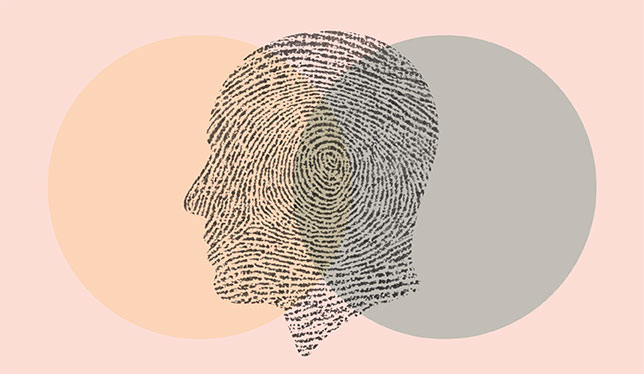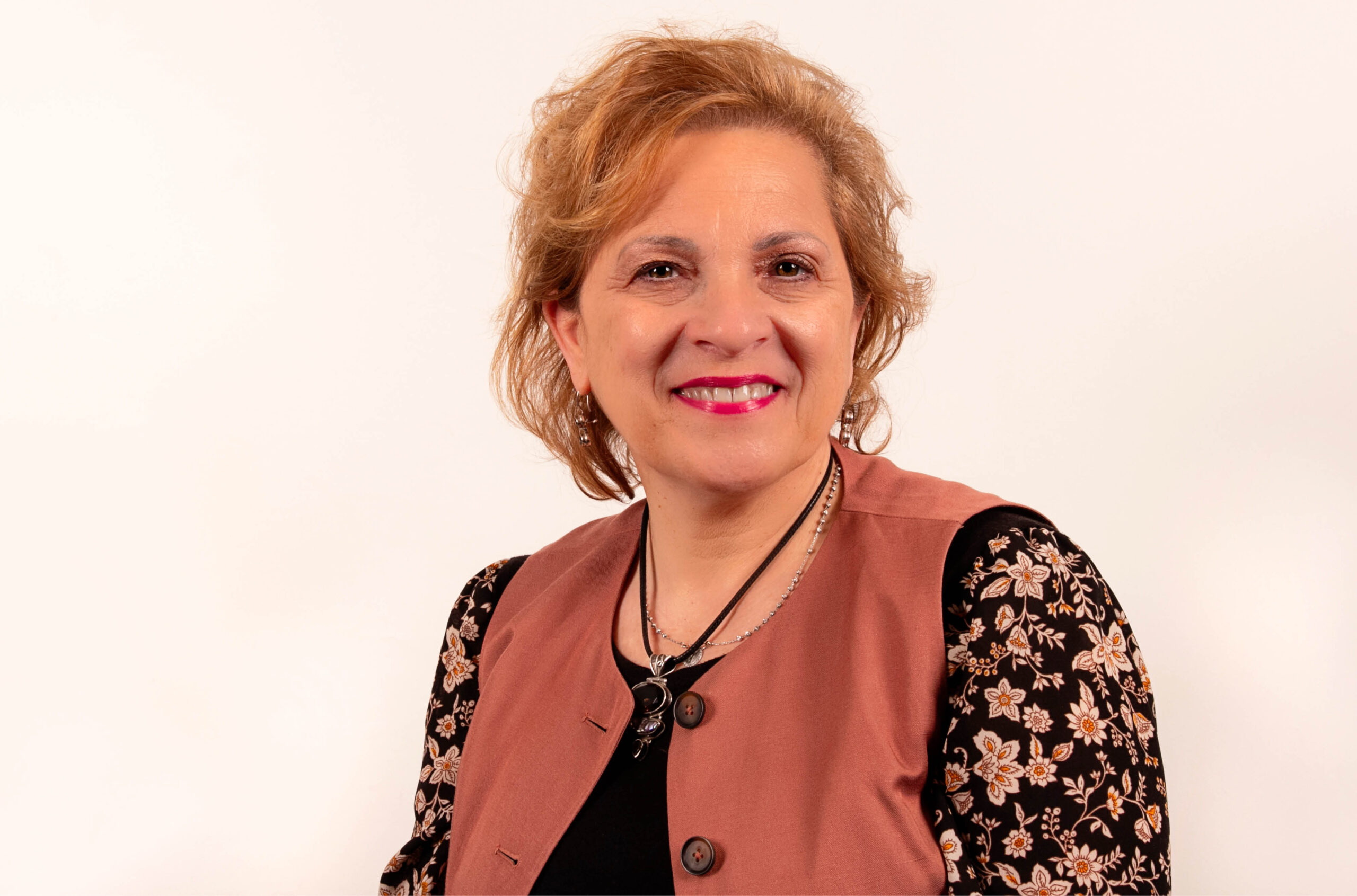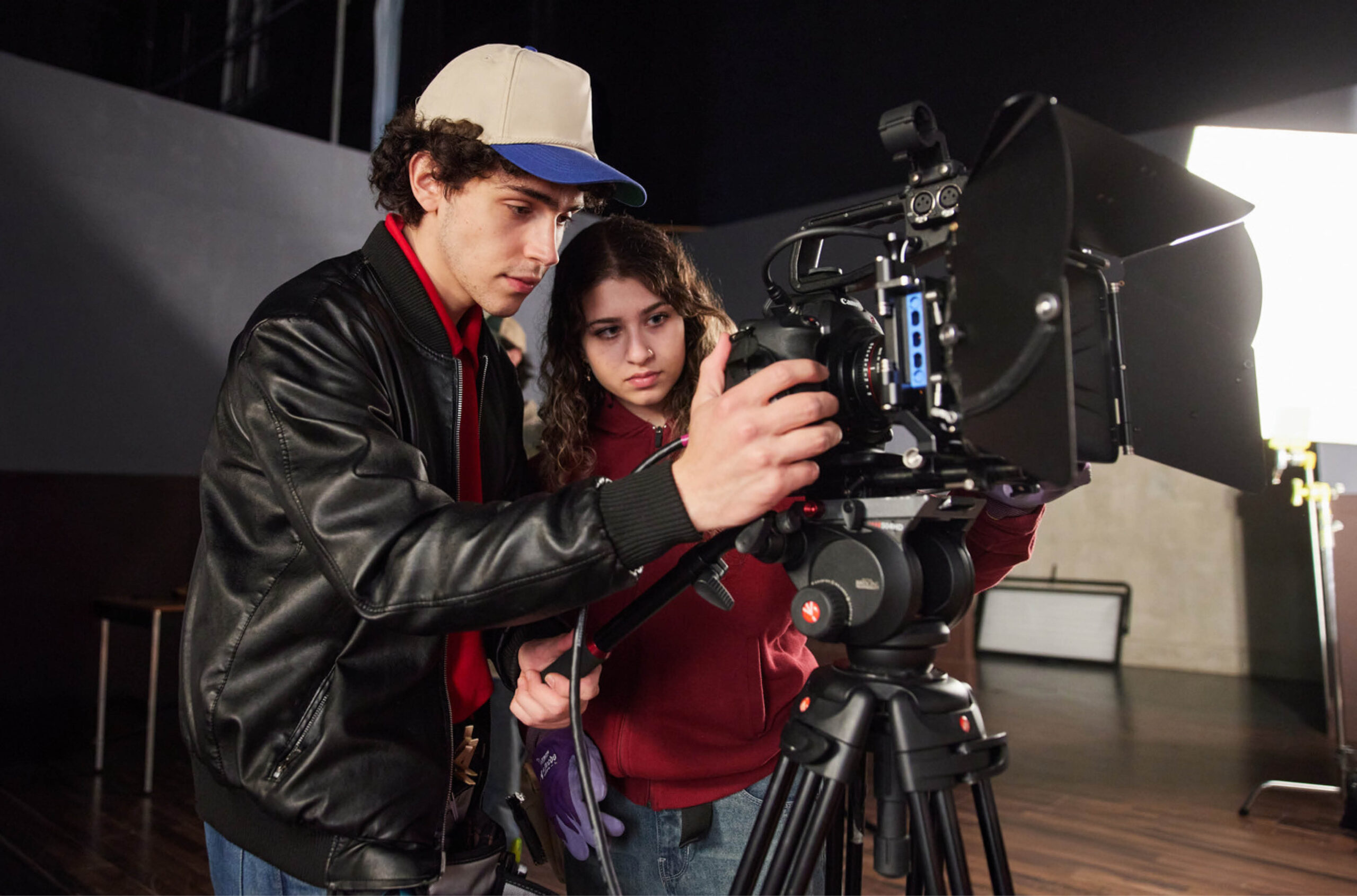Universities look to combat ‘Indigenous identity fraud’ after string of recent cases
One challenge is how to avoid postsecondary institutions themselves determining the validity of an individual’s claim of Indigeneity.

For many people, reading about the case of Carrie Bourassa felt like déjà vu. Claiming variously Métis, Anishinaabe and Tlingit roots, Dr. Bourassa was a respected professor at the University of Saskatchewan and director of its Institute of Indigenous People’s Health. As such, she was regarded as an important representative of, and advocate for, Indigenous people within the university. But in October 2021, a CBC report revealed that she was not in fact Indigenous. She was fired from her position at the institute and placed on leave by the university.
Perhaps what was most newsworthy about her story was the fact that she wasn’t the first. In spring 2021, Amie Wolf, an adjunct professor of Indigenous studies at the University of British Columbia who claimed to be Métis and Mi’kmaq, was also fired amid questions about her Indigenous heritage. Then in the summer, a detailed but anonymous online posting asserted that no fewer than six Queen’s University faculty and staff claiming Indigenous ancestry had no demonstrable connection to any recognized First Nation. Nor did the accusations stop after Dr. Bourassa was exposed. In December 2021, the newspaper Le Droit reported that Jessica Bardill, a professor of Native American and Indigenous Literature at Concordia University, had been suspended after her claims of Cherokee ancestry were called into question.
In the cases of Drs. Bourassa, Wolf and seemingly Bardill, the individuals in question had been taken at their word regarding their Indigenous ancestry, and benefited professionally from it in terms of hiring, advancement or other opportunities. Speaking to the CBC about the Dr. Bourassa case, Winona Wheeler, a professor of Indigenous studies at the University of Saskatchewan and a member of the Fisher River Cree First Nation, summed it up thus: “When I apply for an academic job, I have to give them a copy of my PhD…. But if I am applying for a position that’s targeted only for Indigenous people, I’m not required to provide anything except self-identification.”
The reasons for this are rooted in good intentions. Historically, the federal government undertook the task of defining who was and was not a member of any particular First Nation via the Indian Act, imposing culturally bizarre and paternalistic definitions of Indigeneity on people. (The situation was different for Inuit and Métis peoples.) According to Catherine Cook, vice-president, Indigenous at the University of Manitoba, “Indigenous self-declaration was a way of allowing for Indigenous communities to take some control over who belonged to the communities.” In fact, Article 33 of the United Nations Declaration of the Rights of Indigenous Peoples, which Canada adopted in 2021, states that the decision as to who is and is not Indigenous is a key right of Indigenous communities.
There is also a growing movement on the part of universities to Indigenize, particularly after that goal was included in the 2015 calls to action from the Truth and Reconciliation Commission. The idea is to bring Indigenous historical teachings and ways of knowing into the university and boost the numbers of both Indigenous students and faculty.
Searching for solutions
Combine growing demand with a loose notion of identity, and you can understand the potential for trouble. What motivates people to take advantage of this situation seems to be anything from family lore about an Indigenous, Métis or Inuit ancestor that gives them a leg up in a tight job market, to an almost mystical identification with an “oppressed people” that leads to what could be called race-shifting.
Indigenous academics have worked hard to be acknowledged by universities, said Guy Freedman, chair and senior partner of the Ottawa-based consulting firm First People’s Group, and “to have the space taken by other people is just not right.” Mr. Freedman and his colleagues have been hired by Queen’s University to help develop ways of guaranteeing that future Indigenous hires are, in fact, Indigenous. Queen’s announced the initiative in June 2021, not long after the online posting appeared about the six faculty and staff whose identities were in doubt. (All six remain employed by the university, which accepts their claims of Indigenous heritage.) The actual process kicked off in November.
“We’re meeting with a wide number of [Indigenous] people,” said Mr. Freedman, “with alumni, with faculty with staff with members of the urban community.” The situation at Queen’s is particularly fraught, he said. “People who have been accusing each other are on staff. We’re going to have to do a lot of one-on-one work. We’re listening to people, we’re hearing people’s stories, and from that we’ll put together some recommendations for the university.”
Queen’s is just one of a number of Canadian universities working on this. Ryerson University, the University of Manitoba and the University of Calgary are all going through the same exercise and there are almost certainly others, too.
The University of Manitoba is following a process similar to Queen’s, said Dr. Cook. To help, they’ve appointed three noteworthy leaders from the respective Indigenous Peoples: Ovide Mercredi, former National Chief of the Assembly of First Nations, Barbara Bruce, a Métis educator and, Marti Ford, a respected Inuit educator and consultant. There is also a working group whose members are drawn equally from the community and from faculty.
Avoiding ‘colonialization in another form’
The community-based nature of this work is key. One point those currently involved in this process made again and again is that it should not be the job of the university to determine the validity of an individual’s claim of Indigeneity. To do so, said Jacqueline Ottmann, president of the First Nations University of Canada, would be a continuation “of colonialization in another form.” Instead, it should be up to the community to which an individual claims to belong.
As an example of how this would work, Mr. Freedman cites guidelines the University of Calgary has in place for First Nations, Métis and Inuit students, which determine access to things such as bursaries and scholarships. For a student to establish First Nations identity, the university will accept a Status Card or a letter on letterhead from a band stating that they are a member. Those who are non-status can prove their claim with a letter from a registered band or a genealogy that shows a connection to an ancestor who “had or has status.” There are similar guidelines laid out for Métis and Inuit students. It’s a system based not on bloodlines so much as relationships. The university plans to follow similar guidelines when developing its policy for Indigenous faculty hires.
“We’re essentially small communities and we know each other,” said Dr. Ottmann. When she meets people from other Indigenous communities, she introduces herself by saying: “‘I come from Fishing Lake First Nation, my parents are Allan and Marjorie Paquachan, my grandparents were Andrew and Helen Paquachan and Henry and Marjorie Kayseas, my traditional name is Mizowaykomiguk paypomwayotung.’ We have these processes in place.”
How to apply those processes in a university setting will be one of the topics discussed at a meeting of the National Indigenous University Senior Leaders Association in March 2022. Co-chaired by Dr. Ottmann and Dr. Hart, the two-day virtual event plans to draw more than 500 participants – elders, faculty, students and staff. It will be a chance for people working on the topic across the country to hear what others are doing.
Finding solutions will take time, but Dr. Ottmann said she’s happy the issue is in the spotlight. “I’m glad that we’re in the space of having these national conversations, these university conversations about Indigenous identity fraud,” she said. “There’s now national awareness and so we have this opportunity to revisit some of our hiring policies, some of our scholarship policies, some of our and research granting policies and question how could we do better.”
Featured Jobs
- Veterinary Medicine - Faculty Position (Large Animal Internal Medicine) University of Saskatchewan
- Psychology - Assistant Professor (Speech-Language Pathology)University of Victoria
- Business – Lecturer or Assistant Professor, 2-year term (Strategic Management) McMaster University
- Canada Excellence Research Chair in Computational Social Science, AI, and Democracy (Associate or Full Professor)McGill University
- Education - (2) Assistant or Associate Professors, Teaching Scholars (Educational Leadership)Western University











Post a comment
University Affairs moderates all comments according to the following guidelines. If approved, comments generally appear within one business day. We may republish particularly insightful remarks in our print edition or elsewhere.
7 Comments
By nature and by definition, self-identification is subjective and personal.
Governments, their agencies, universities, etc. ask people to self-identify based on age, gender identity, sexual orientation, Indigenous identity, visible minority identity, population group, disability and language.
The Government of Canada says: “Only you can identify yourself as an Aboriginal person, a person in a visible minority group, or a person with a disability. Your manager or supervisor, or even your colleagues are not permitted to provide this information without your authorization.”
The Government of Canada also says “self-identification information is confidential” and “protected by the Privacy Act”.
Thus, people self-identify.
Then, someone somehow finds out how an individual self-identified, and doesn’t like the individual’s self-identification, and accuses the individual of fraud.
There is absolutely no logic and no justification in accusing people of fraud for doing something they were asked to do.
If I am asked to self-identify, and I self-identify to be Martian, I am Martian, and nobody has the right to accuse me of fraud, because I did exactly what I was asked to do, whether or not someone else likes how I self-identified.
John Doe, just because an organization or government asks someone to self identify, does not remove the posibility of fraud. The fact that you can say you are a Martian does not mean you are a Martian, nor does it mean you have acted in good faith.
There are many things protected by privacy legislation, but to suggest that confidential and personal information is somehow immune to abuse or fraud is absurd. My personal health information is confidential, but if I falsely report a medical condition to obtain funding, insurance, assistance or advantage etc., that is fraud. If I am white and apply for African American funding, that is fraud.
What you are suggesting would allow someone with zero Indigenous identity to manipulate a process and obtain an advantage over others, including indigenous peoples, which is also a contravention of various acts in place for public service job recruitment.
The problems that the institutions are facing today stem from the historical realities that race-based hiring practices are inherantly problematic. With rights come responcibilities. If these practices are to continue, then the communities ought to have some involvement to prevent what we have witnessed as outright abuse of affirmative action policy. Other than that, the solution is to abolish race-based hiring practices. History truly does repeat itself, and the irony is that the equity concerns always seem to stem from those systems that were allegedly created to solve the problem. Abandoning safeguards, and ultimately the truth, is hardly the answer.
The purpose of self-identification is to by-pass bloodline identification, which is undesirable and effectively impossible. With centuries of mixing, there is no such thing as someone with zero xyz identity, or 100% xyz identity. Self-identification allows people to declare which identities they identify with at any given point in time. To allow and then to deny self-identification is logically and morally defective.
Deciding whether someone acts in good or bad faith is just as logically and morally defective as no one other than the person knows whether the act is in good faith or otherwise.
Making rules and then breaking them makes a mockery of the rules and the system that makes the rules.
You are correct in stating this. It seems like it is a situation where we have legislated ourselves into this problem and will now try to use the same tools to dig our way out. People, many of whom will have acted with good intentions (although admittedly, often relying on limited or unreliable evidence), will be vilified in the process. A process where we sort this out without the (seemingly) requisite vilification of people who very well may have adhered to the “old rules” is not likely to be the way this goes. People love a bloodbath. Sadly, many of those who will be vilified have made great contributions and otherwise would be allies.
About time. I’m retired now but have seen this go on for decades with no way to deal with it except to just accept it. I’ve told the universities I worked for to have at least one knowledge Indigneous person on the hiring-committee-looking-for-an-Indigenous-person who can ask the key questions and figure out who is really who. You’d be surprised how often that recommendation or the final recommendation of the Indigenous person on the committee were ignored. To disaster later. The recommendations above are a good start.
William G. Lindsay (Cree-Stoney)
Retired
The recommendations in the article are far better than just “self-identify,” which the article shows has led to lying about one’s identity. When a prestigious job and money can be attained by simply “self-identifying,” this allows some to cheat the process. The same dilemma, however, is bound to occur for other forms of identify (many of which are hidden), such as sexual orientation, sexual identity (non-binary) and various forms of hidden disability. Safeguards will also have to be in place to stop cheating in these instances. OR, we can simply dispense with identity altogether as grounds for hiring and hire based on skill set.
‘Self identification’ choices; Hmm. Sort of amusing paradox the legal community has led us into. Looks like people having inclusion problems need to find a way into the LBGTQ+ community. If a boy can be a girl–likely the birthing doctor made a mistake?–it’s impossible to imagine why (due to similar perceptual errors perhaps–or maybe just spurious legal definition) any boy or girl can’t be an Indigen. Why not go for total ‘inclusion’ and all of us self identify as aboriginal?